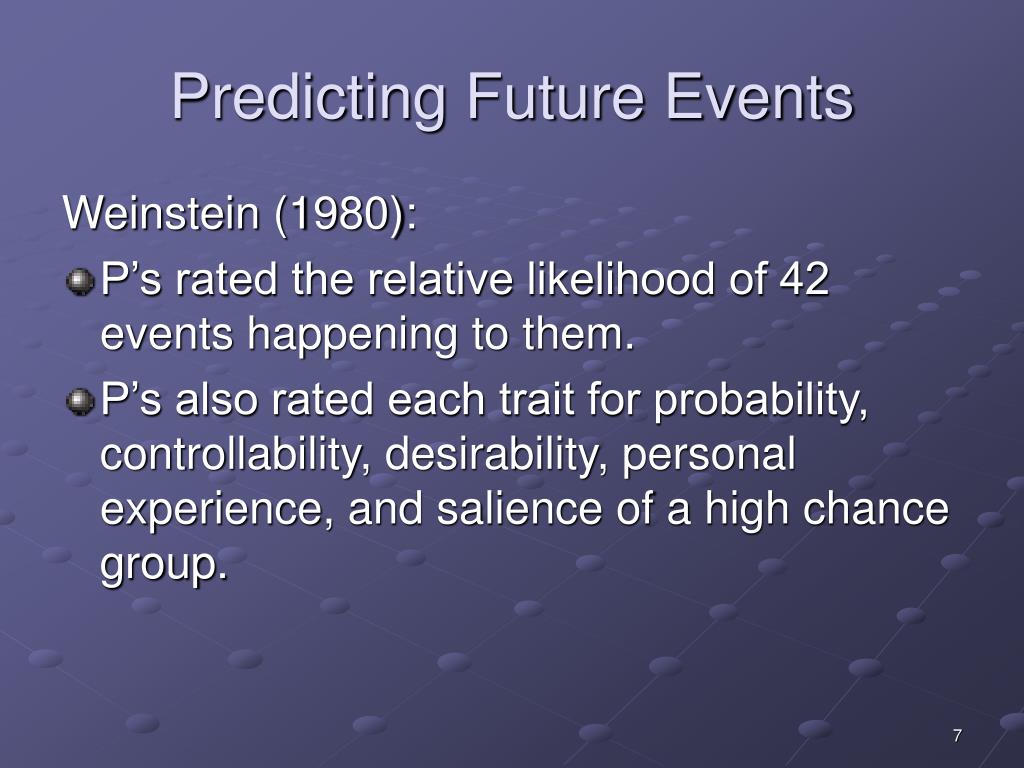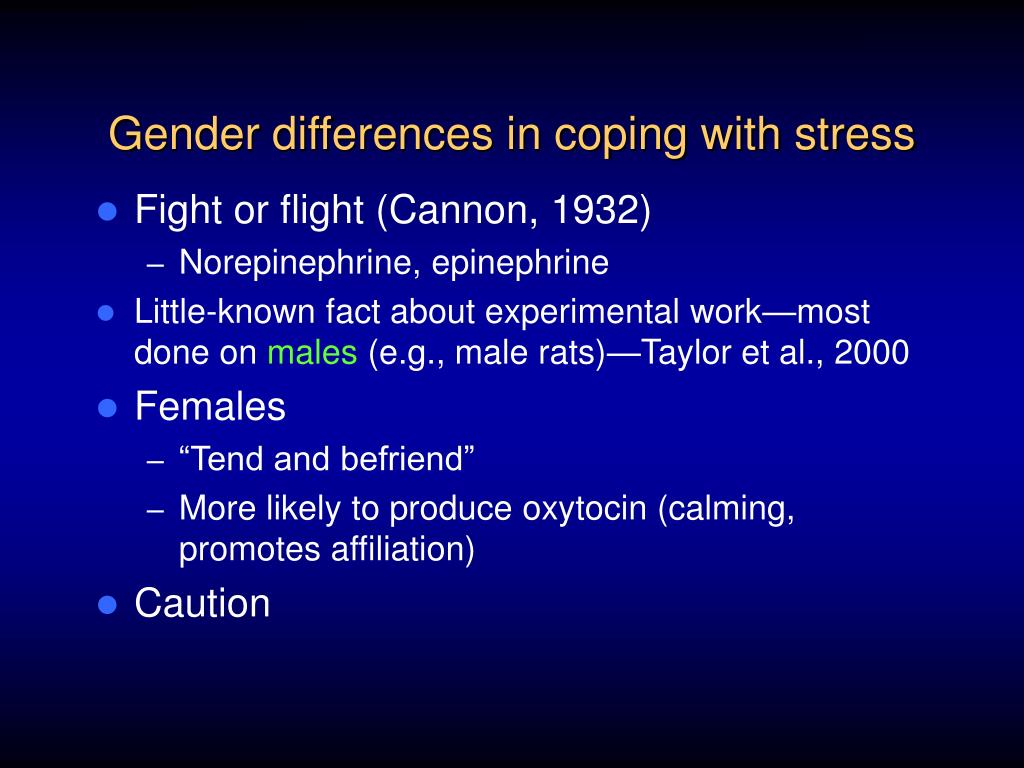


In Study 1, over 200 college students estimated how much their own chance of experiencing 42 events differed from the chances of their classmates. Journal of Personality and Social Psychology, 39(5), 806820. Unrealistic optimism about susceptibility to health problems. Unrealistic optimism about future life events. Although such comparisons cannot be used to identify optimistic biases within. are more likcely to happen to them than to others (Weinstein, 1980, p. an automobile accident, or experiencing health problems (Weinstein, 1980). Le terme biais fait rfrence une dviation systmatique de la pense logique et rationnelle par rapport la ralit. People who demonstrate unrealistic optimism may believe. UO is one that we cannot beat simply by asking people to be rational and Government will need to take forceful action, if they wish to curb deaths from COVID-19. Weinstein offered the definition of unrealistic optimism bias as People believe. Un biais cognitif est une dviation dans le traitement cognitif d'une information. Unrealistic optimism has been shown to be closely related to controllability (e.g., Weinstein,). Governments are not going to get people who are in the grips of UO about COVID-19, thinking it will not happen to them, to practice social distancing / isolation, unless governments enforce it. There is no good evidence that Unrealistic Optimism can be reduced giving information to people to show that their belief is irrational does not work, nor does giving them information that they may be ‘somewhat wrong’ (although the latter may more effective in providing a slight shift Jefferson et al., (2017)). The phenomenon has been replicated in various populations and with various stimuli.Įxperiments have taken place to see how we can correct this irrational thinking in people. likely to experience negative events than others (Weinstein, 1980). What we are seeing at the moment, people ignoring government advice on social distancing and going about their normal day as if all is well, is the result of what is known in the behavioural science literature as ‘Unrealistic Optimism’ (first identified by a US psychologist, Neil Weinstein in the 1980), Unrealistic Optimism or Optimistic Bias is the observation that people are hard- wired to irrationally believe that negative events (ranging from catching a cold, to failing an exam to getting divorced, to falling off your bike) are more likely to happen to the ‘average other person’ than themselves. for engaging in RSB and RSB-A may be unrealistic optimism (UO), or a misperception. others to be victims of misfortune, not themselves (Weinstein, 1980, p. Thank you for an insightful piece of writing. Purpose Unrealistic optimism is a well-documented psychological phenomenon.


 0 kommentar(er)
0 kommentar(er)
